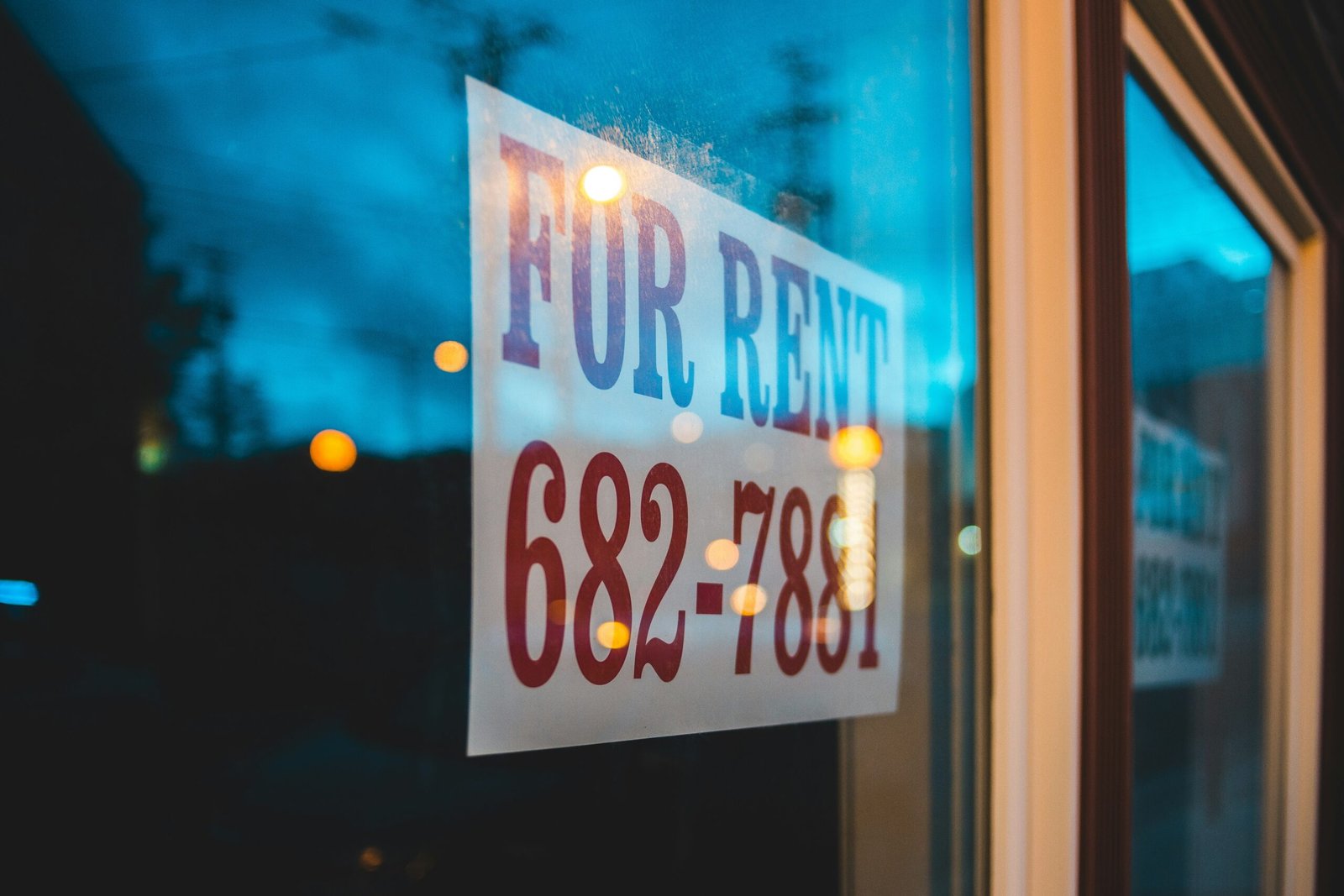Introduction
When it comes to purchasing or investing in a property, due diligence is crucial. One of the key components of due diligence is conducting thorough property inspections. These inspections help you understand the condition of the property, identify potential issues, and make informed decisions. In this guide, we will explore the importance of property inspections and provide you with tips on how to conduct effective inspections.
Why are Property Inspections Important?
Property inspections play a vital role in the due diligence process for several reasons:
- Identifying Issues: Inspections help identify any existing or potential issues with the property, such as structural problems, plumbing or electrical issues, or pest infestations. By uncovering these issues, you can assess the impact they may have on the property’s value and determine if they are deal-breakers.
- Budgeting for Repairs: Inspections allow you to estimate the cost of necessary repairs or renovations. This information is crucial for budgeting and negotiating the purchase price or terms of the deal.
- Ensuring Safety and Compliance: Inspections help ensure that the property meets safety and compliance standards. This is particularly important for commercial properties or rental properties, as non-compliance can lead to legal issues and financial liabilities.
- Insurance and Financing: Lenders and insurance companies often require property inspections to assess the risks associated with the property. Inspections help determine the insurability and insurable value of the property, as well as any additional insurance requirements.
Tips for Conducting Effective Property Inspections
Here are some tips to help you conduct effective property inspections:
- Engage a Professional: While it is possible to conduct inspections yourself, it is highly recommended to hire a professional inspector. They have the expertise and experience to identify potential issues that may go unnoticed by an untrained eye.
- Research the Inspector: Before hiring an inspector, do your due diligence. Research their qualifications, certifications, and reviews from previous clients. A reliable and reputable inspector will provide you with a comprehensive and unbiased report.
- Be Present During the Inspection: Whenever possible, be present during the inspection. This allows you to ask questions, seek clarification, and gain a better understanding of the inspector’s findings.
- Document Everything: Take detailed notes and pictures during the inspection. This documentation will serve as evidence and reference for future negotiations or discussions with the seller.
- Consider Additional Inspections: Depending on the property type and location, you may need to conduct specialized inspections. These may include termite inspections, mold inspections, or environmental assessments. Consult with your inspector to determine if any additional inspections are necessary.
- Review the Inspection Report: Once the inspection is complete, carefully review the inspector’s report. Pay attention to any major issues, safety concerns, or potential future expenses. Discuss the findings with your real estate agent or attorney to evaluate the impact on your investment.
Conclusion
Property inspections are an essential part of the due diligence process when purchasing or investing in a property. They provide valuable insights into the condition of the property, help identify potential issues, and assist in making informed decisions. By following the tips outlined in this guide, you can conduct effective property inspections and ensure that your investment is well-informed and protected.





